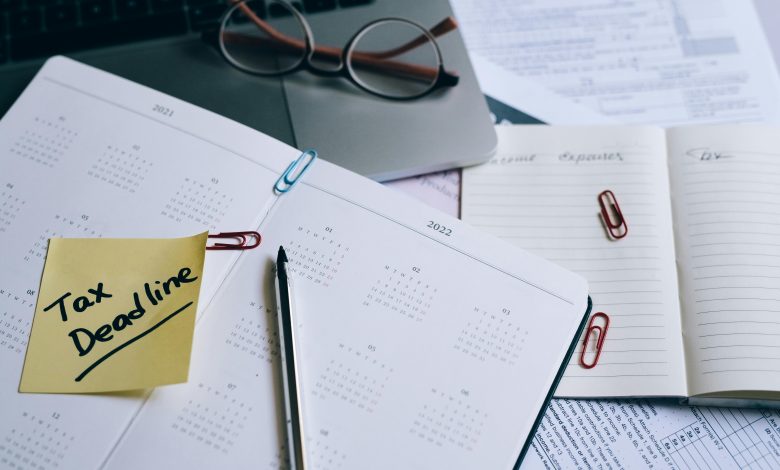How to Budget for Major One-Time Expenses

How to Budget for Major One-Time Expenses
Big one-time expenses can hit hard if you’re not prepared. Whether it’s a home renovation, a wedding, a new car, or unexpected medical bills, proper planning can turn financial stress into manageable strategy. Here’s how to get ahead of major one-time costs without derailing your financial stability.
1. Identify the Expense Early
The sooner you know it’s coming, the better. Don’t wait until the last minute. Write down the estimated cost and break it into categories. For example, a wedding budget might include venue, catering, attire, and photography.
2. Set a Realistic Target
Do your research and set a target amount based on average costs in your area. Always pad your estimate by 10–20% to cover unexpected fees or price increases.
3. Break It Into Monthly Goals
Divide your total target by the number of months until the expense. This tells you how much to save each month. For example, if you need $5,000 in 10 months, that’s $500 a month. This becomes your savings goal.
4. Open a Separate Savings Account
Create a dedicated savings account for the specific expense. Keeping this money separate from your everyday funds helps avoid accidental spending and gives you a clear view of your progress.
5. Cut Costs Elsewhere
Look at your current budget. What can you reduce temporarily to meet your savings goal? Dining out less, canceling unused subscriptions, or postponing smaller wants can all make a big difference.
6. Look for Extra Income
If cutting expenses isn’t enough, consider bringing in extra income. Freelancing, selling unused items, or taking on part-time work can accelerate your savings.
7. Avoid Relying on Credit
It’s tempting to swipe a card and worry about it later, but interest can add hundreds or thousands to your final cost. If you must use credit, have a clear repayment plan before you spend a dime.
8. Track Your Progress
Use a spreadsheet, app, or simple checklist to track your monthly contributions. Seeing your progress keeps you motivated and makes it easier to stay on track.
9. Be Ready to Adjust
Life happens. If your income changes or you run into a financial emergency, revisit your savings plan. You may need to adjust the timeline, reduce the total cost, or explore alternative options.
10. Celebrate the Win
Once you’ve saved enough and paid for your major expense without going into debt, take a moment to celebrate. You didn’t just pay for something—you built financial discipline and proved to yourself it can be done.
Conclusion
Budgeting for a one-time major expense isn’t about restriction—it’s about control. With foresight, planning, and small consistent actions, you can handle big costs without the stress or financial damage that comes from being unprepared.



